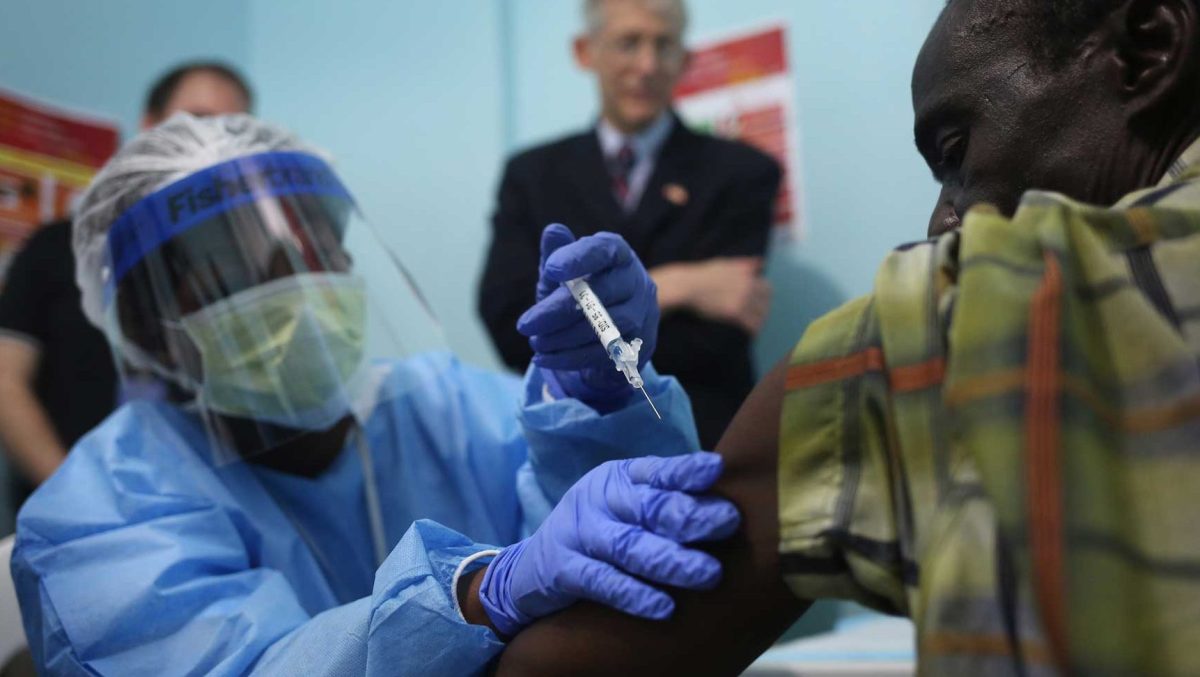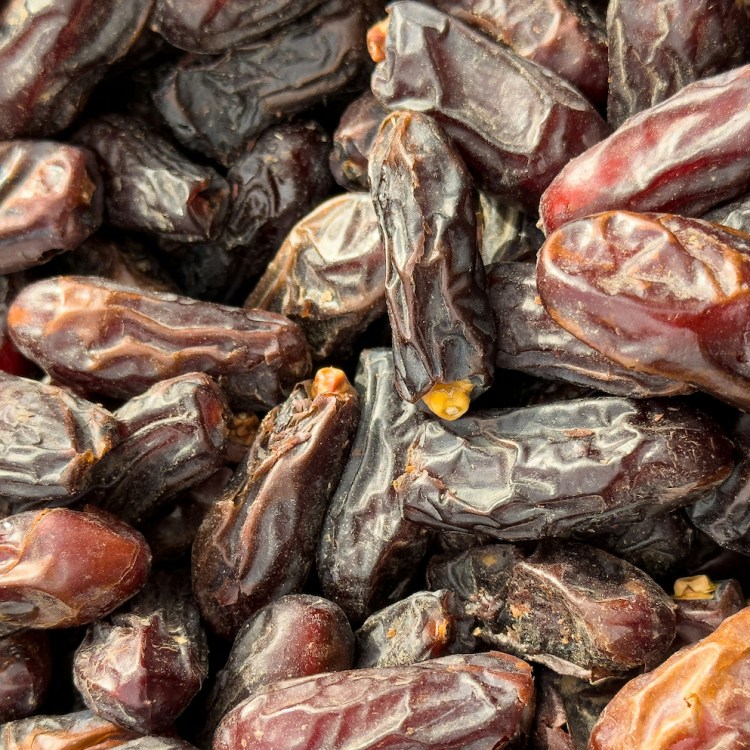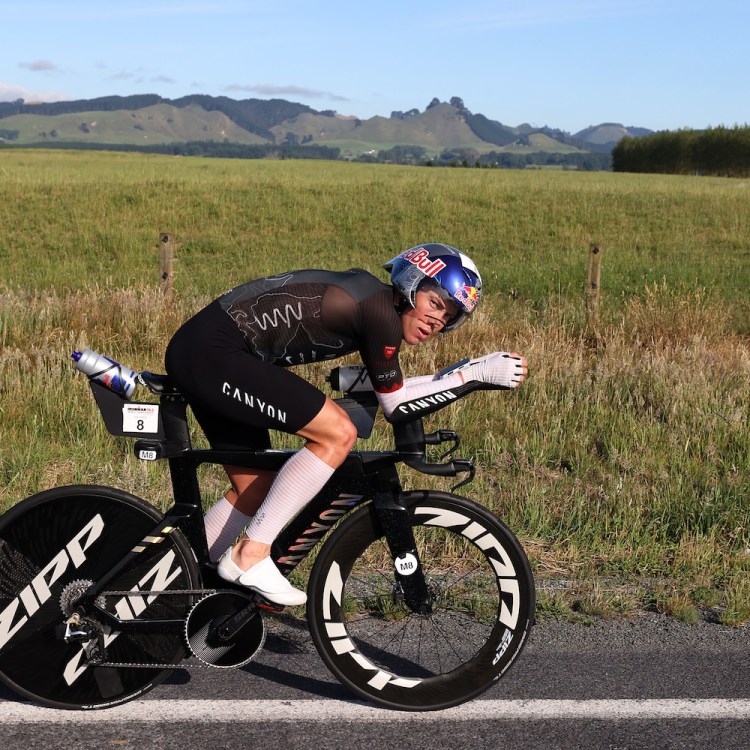Two antibodies found in the blood of an Ebola survivor in West Africa has reportedly been found to stop all five strains of the virus.
The findings, published Thursday in the journal Cell, raise the prospects of developing a broad vaccine—a timely breakthrough even as a new outbreak spreads in the Democratic Republic of Congo.
Ebola evades the body’s immune system by a using shape-shifting tactic while hiding in cellular compartments for energy (lysosomes) and waste (endosomes). The survivor’s antibodies—identified by Albert Einstein College of Medicine researchers—stops the virus from binding to a protein in endosomes called NPC1, which prevents it from replicating and spreading.
Most antibodies struggle to fight Ebola once it’s undergone its transformation by shedding a protein coating. However, the newly discovered antibodies are unique because they attack the virus more aggressively after its shape shift.
Researchers isolated the antibodies from the blood a survivor of the 2013-2016 epidemic that killed more than 11,000 people. Mice and ferrets were protected from all five strains of Ebola when given the antibodies in lab tests.
In the study, scientists also identified human genes they believe are the source of the antibodies. The findings are expected to speed up broad vaccine development.
The Charge will help you move better, think clearer and stay in the game longer. Subscribe to our wellness newsletter today.

























